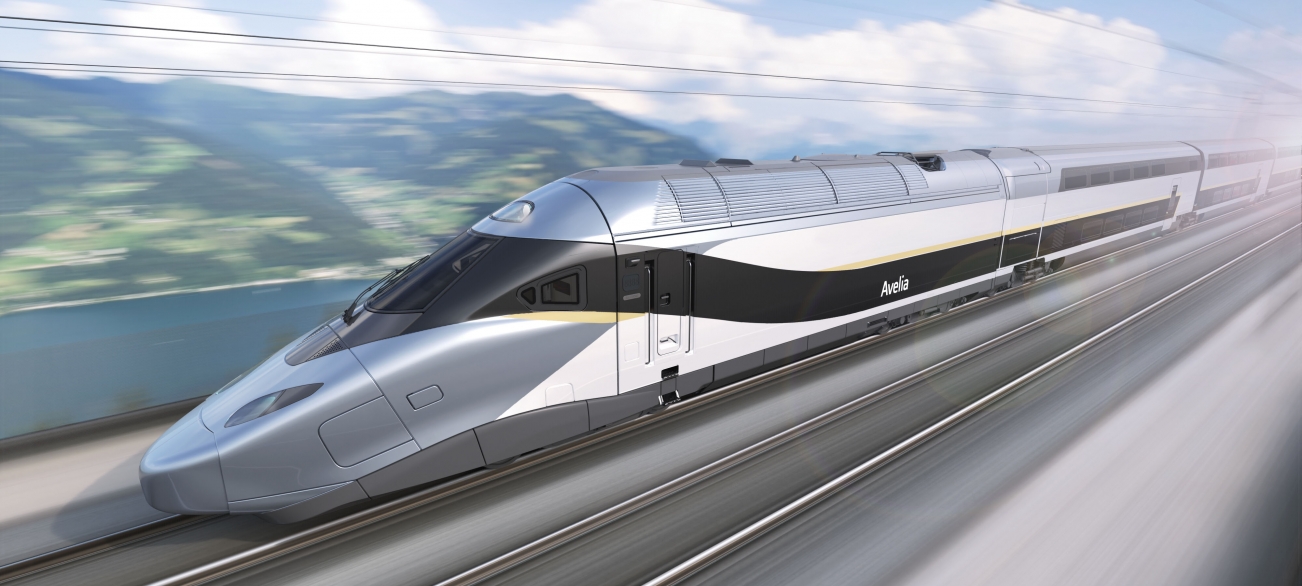Alstom already uses HRC bolts for a number of its structural assemblies. The rolling stock manufacturer will be using them on its TGV Avelia Horizon to secure the connections between the aluminium structure of an end car and its steel extension. As a matter of fact, Alstom has invented an innovative interface for this train through which all structures of the segment remain similar and are potentially connected to the power cars via the steel extension. This joint is assembled using HRC bolts and the desired clamp load of the bolts is achieved upon torsional breaking of a spline end. This solution enables better control of the clamping value in the joint and guarantees application of the desired tightening torque.
Checking the clamp load over time
Alstom would like to check the changes in this clamp load over time, including by measuring this load during static and dynamic tests using non-destructive ultrasonic testing technology. The method involves installing a piezoelectric patch on the bolt head. The measured value will be displayed on the screen of the instrument which has been previously calibrated based on the characteristics and dimensions of the bolts, through measurements carried out before and after clamping. “This service has been entrusted to Cetim as, to my knowledge, they are the only ones who have developed and implemented an ultrasonic clamp load measurement methodology on HRC bolts”, explained Stéphane Roll, Technical Manager at Alstom. Alstom’s technicians will be trained to measure the clamp load during the static test phase. HRC bolts will be previously calibrated and prepared by Cetim which will bond a piezoelectric patch to these bolts. The clamp load of the bolts on the car used for the inline tests will be regularly monitored during the initial months of use and may be checked, if necessary, during the lifetime of the train. The measurements will be carried out by Cetim as the piezoelectric patch (ultrasonic transducer) must be placed in precisely the right position before each measurement, which requires specific know-how.


